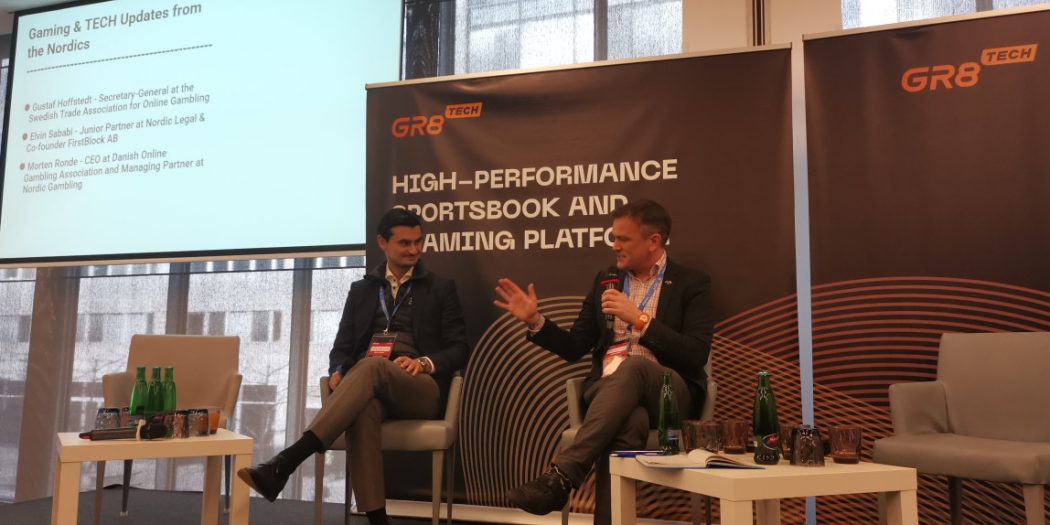Recent developments in the Scandinavian gambling industry have seen significant changes, including the introduction of new compliance measures and tighter controls over licenses.
Currently, Sweden, Denmark, Finland and Norway are abandoning traditional state gambling monopolies in favor of privatized competition. However, there is no certainty about how exactly the governments of these countries will reform the playing field in local markets.
These changes have certainly attracted the attention of investors and stakeholders across Europe, making Scandinavia a major talking point. One such discussion was an event in Prague, Czech Republic, to which SBC received an exclusive invitation to attend.
At the Prague Games and Technology Summit, media and events company Hipther handed over its space to a duo of experts specializing in Scandinavia, so viewers could see predictions for the market’s future.
Elvin Sababi, Junior Partner at Nordic Legal, and Gustaf Hoffstedt, Secretary-General of the Swedish Trade Association for Online Gambling (BOS), agreed that the Nordic countries are fast becoming strict but liberal gambling markets, with Sweden leading the way in this transformation.
Hoffstedt explained that in Sweden, two-thirds of the gambling market is open to competition, mainly in sports betting and online casinos, while the remaining third is represented by a government monopoly on lotteries. The total value of the Swedish gambling market is estimated at around 3 billion euros per year, and each Swede spends approximately 300 euros annually, about 1% of their disposable income, on gambling.
The regulation of the Swedish gambling market was reviewed again in 2019, with the Swedish Gambling Authority Spelinspektionen gradually tightening its stance against operators who violate the local rules that currently govern the regional market.
This strict approach appears to apply equally to all market participants, as evidenced by the recent fine imposed on state-owned operator Svenska Spel for violating consumer duty rules.
Sababi explained: “Previously there has been some concern among other operators that state operators are not scrutinized the same as non-state operators, those who operate on the free market. But actually, they are trying to treat every license holder the same regardless of whether it’s state-owned or not. Even in the decision concerning the Svenska Spel fine, the language used towards the operator was quite harsh.”
Hoffstedt also noted that additional safeguards have been introduced to strengthen the fundamentals of the Swedish market, including a proposed increase in the tax rate from 18% to 22%. While it remains to be seen how this will affect market structure in the long term, both experts agreed that even in the absence of a gold standard, a tax rate of 22% would still create a healthy and competitive industry, building on the strong player base in Sweden, especially compared to more than 30% tax rates in neighboring Denmark and the Netherlands.
Don’t forget to subscribe to our Telegram channel!
